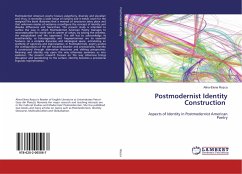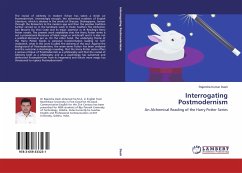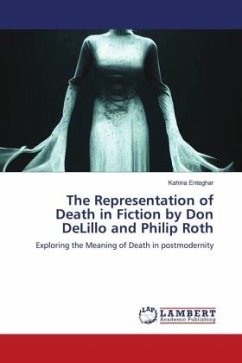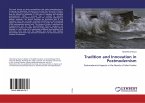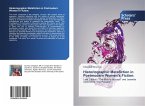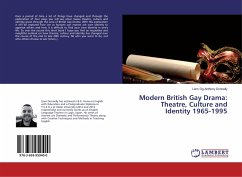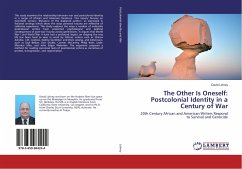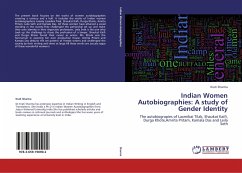Postmodernist American poetry favours polyphony, diversity and pluralism and, thus, it reconciles a wide range of cultures and it makes room for the marginal.This book illustrates that a reversal of structures takes place and that unknown modes of existence reconfigure the concept of identity and dissolve differences and hierarchies. The present study is intended to outline the way in which Postmodernist American Poetry manages to reconceptualise the world and its system of values, by voicing the voiceless, the marginalized and the oppressed. The self has to acknowledge its inauthenticity, as heterogeneity and fragmentariness are its essential features. As a complex discursive and ideological space, articulating an aesthetic of openness and improvisation, in Postmodernism, poetry pushes the configurations of the self towards disorder and provisionality. Identity is constructed through alternative discourses and shifting perspectives. Meaning and identity rely upon the way otherness summons us into existence. The present research focuses on the way otherness brings disruption and questioning to the surface. Identity becomes a provisional linguistic representation.
Bitte wählen Sie Ihr Anliegen aus.
Rechnungen
Retourenschein anfordern
Bestellstatus
Storno

